Police Scotland 101 phone line at risk from spending cuts
- Published
Deputy Chief Officer David Page: "If we don't continue with the 101 service all that will do is shifting people into dialling 999."
Police Scotland has warned it may have to suspend its 101 non-emergency phone line and lose thousands of officers and staff under government spending plans.
The Scottish government has proposed giving the criminal justice sector, including the police, a total of £11.6bn over the next four years.
This would see most services receive the same amount of cash every year.
But with inflation currently at 10.1%, it would mean a significant cut in real terms by April 2027.
This could lead to a "hollowed out" police service that would lead to rising crime rates and victims being "let down", MSPs were told.
In a submission to Holyrood's criminal justice committee, external, the Scottish Police Authority and Police Scotland said the proposals in the government's resource spending review, external meant they would need to make savings of between £200m and £300m to fund pay awards and absorb other inflationary pressures.
They argued that the creation of the single national force had already resulted in savings of £200m a year, and further cost reductions could only be delivered through a pay freeze or by reducing the workforce.
If a 5% pay award was given every year until 2027, the force would have to save £222m.
That was "the equivalent of an average 4,500 headcount reduction based on current salaries", the submission said.
It warned that this could lead to a "fundamental reduction in Scottish policing's capacity to respond to the needs of the public we serve".
Speaking at a meeting of the committee on Wednesday morning, Police Scotland officials said it could also lead to the 101 number being withdrawn, community policing and officers on school campuses being removed and potential delays to 999 calls being answered.
Deputy Chief Officer David Page said the cuts would lead to a "huge amount of pain and a huge amount of stress and pressure" for staff and officers.
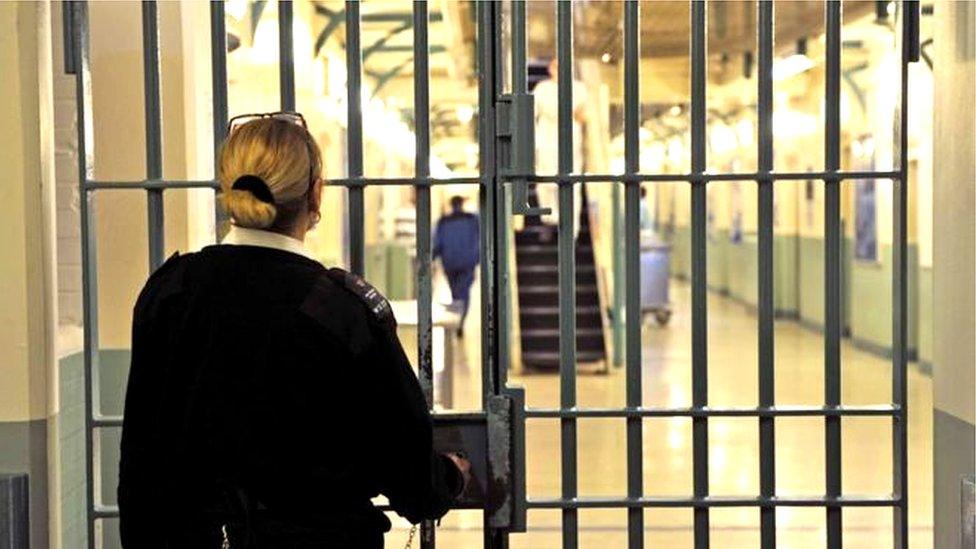
It has been warned that prisoners may haver to spend longer on remand
Calum Steele from the Scottish Police Federation said in its submission to the committee: "If the proposals come to fruition, they will leave a severely hollowed out police service, under greater pressure than ever before, delivering sub-standard policing services to the communities.
"Crime will increase, victims will be let down, community confidence in the police will diminish exponentially."
Other organisations involved in criminal justice also painted a grim picture of job cuts, thwarted ambitions and an increasing inability to fulfil their statutory duties.
The Scottish Courts and Tribunal Service told the committee that budget cuts could reverse its efforts to clear the backlog caused by the pandemic by March 2026.
It would need to consider options including a reduction in the number of court sitting days, a smaller workforce and court closures.
The service also said more delays in cases coming to court would raise the risk of complainers and witnesses becoming disengaged from the process and prisoners might have to spend longer on remand.
It added that budget pressures might delay the creation of a new specialist court to deal with sexual offences cases.
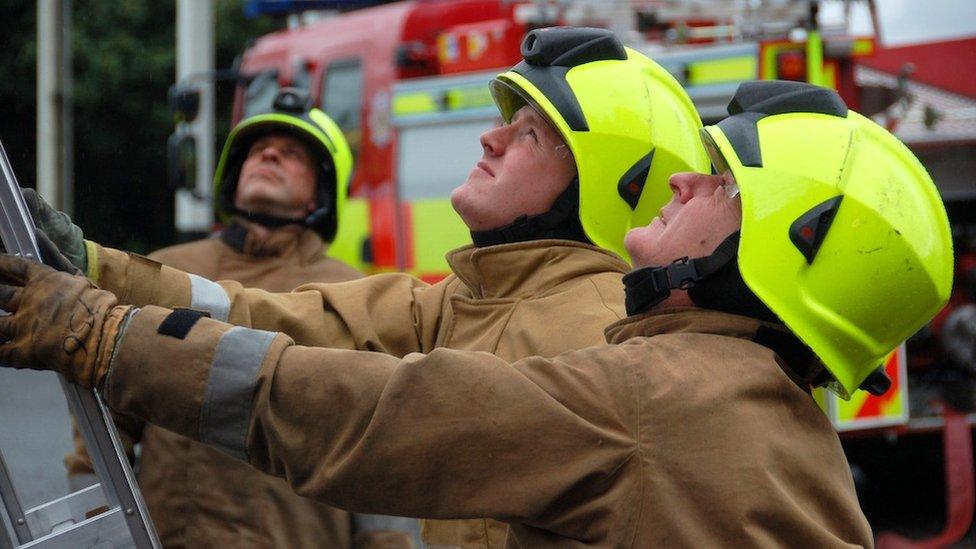
The Scottish Fire and Rescue Service warned that some fire stations may have to close
The Crown Office and Procurator Fiscal Service (COPFS) said the volume and complexity of its case work was growing and it had an obligation to fully investigate more than 7,000 additional deaths as a result of the pandemic.
Crown agent John Logue told the committee: "The proposed flat cash funding allocation falls well short of the funding essential for COPFS to meet its statutory obligations to deliver justice."
The Scottish Fire and Rescue Service said it would face "hard choices" including a possible reduction in staffing through retirements and vacancy management.
Its ability to deal with challenges posed by climate change, such as wildfire and flooding, would be impacted and some stations might have to close.
And the chief inspector of prisons, Wendy Sinclair-Gieben, warned that the proposed funding settlement could mean the service would have to consider closing some of its jails.
'Difficult times'
A Scottish government spokesman said: "While we will do all we can within our largely fixed budgets and limited fiscal powers, the UK government retains many key financial and economic powers and must use them to ensure we have the funding we need to support public services and the economy in these difficult times.
"The resource spending review is not a budget - it's a means of setting out the Scottish government's high-level resource spending plans for future budgets.
"The Scottish government will work with justice organisations, including Police Scotland and SPA, to develop and co-ordinate their delivery plans in response to the high-level indicative Spending Review allocations."
A spokesman for the UK government said it had provided the Scottish government with a record £41bn per year for the next three years, the highest spending review settlement since devolution.
"As a result, the Scottish government is receiving around £126 per person for every £100 per person of equivalent UK government spending in England over the next three years," it said.
"We're also helping tackle the rising cost of living, protecting millions of the most vulnerable families with direct payments of £1,200 this year, and providing additional payments to pensioners and disabled people."
- Published23 July 2022
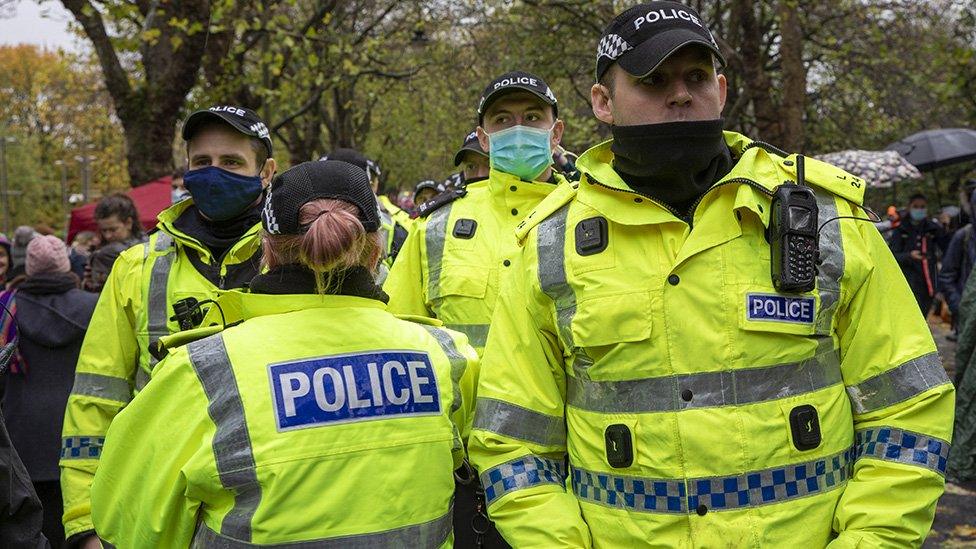
- Published29 June 2022
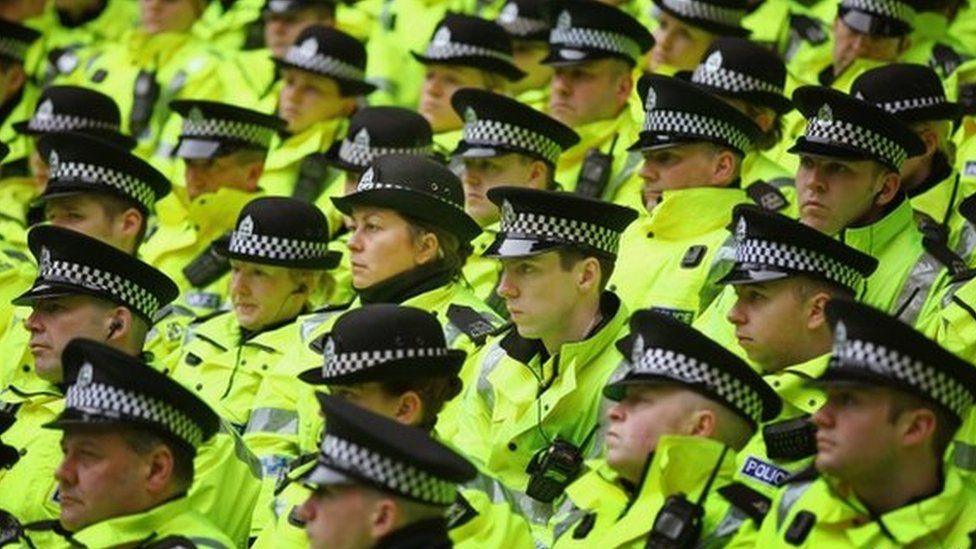
- Published23 June 2022
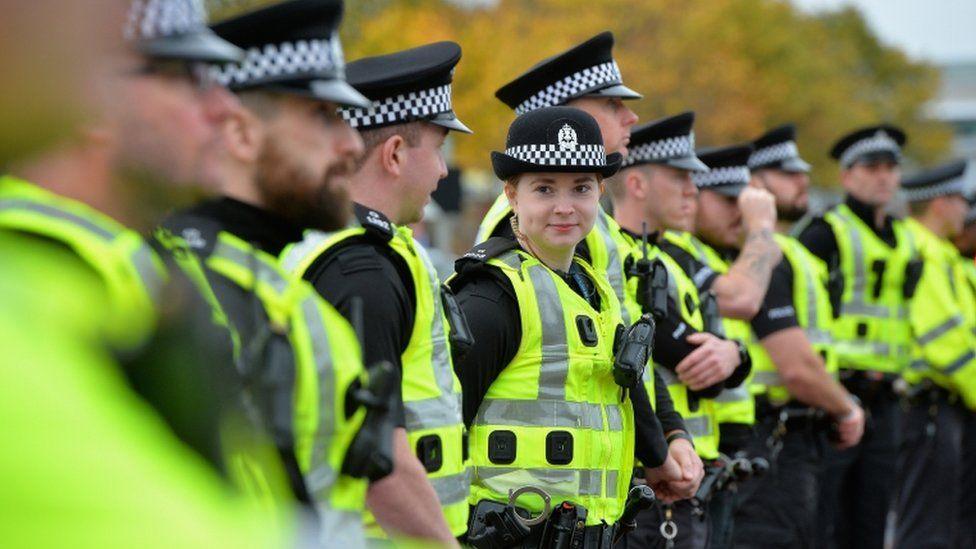
- Published31 May 2022
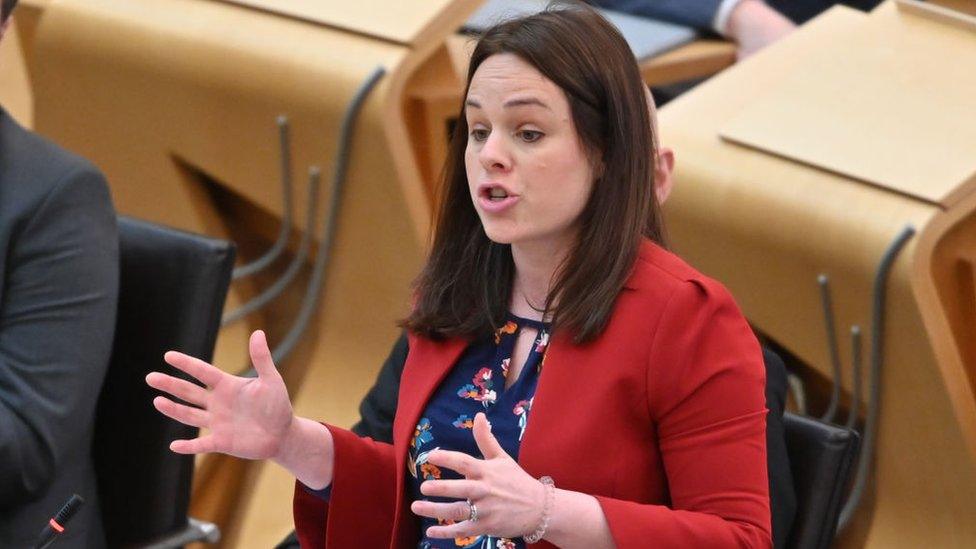
- Published11 January 2022

- Published18 March 2021
